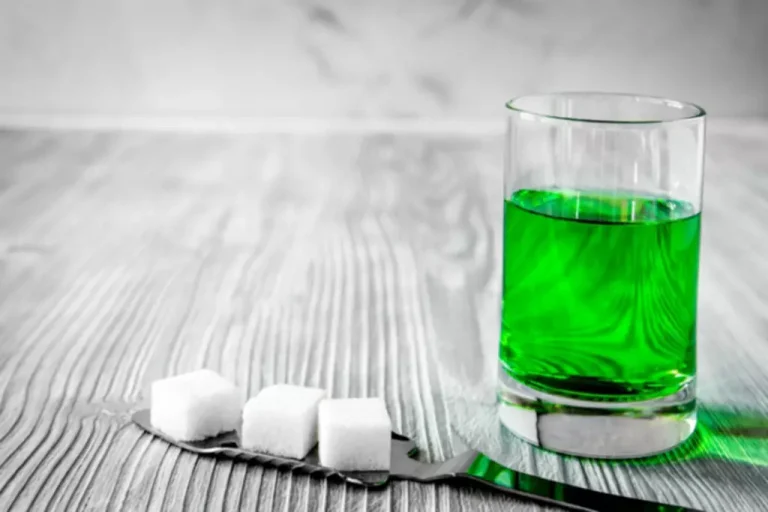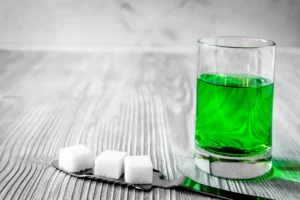Sober living
Mitchell Rose en LinkedIn: Why after-work drinks arent so fun for everyone 11 comentarios

This pattern can create a cycle of fatigue and burnout—a far cry from true relaxation and connection. Even one or two drinks can negatively impact your energy, mood, and sleep. However, just because it’s easy and familiar doesn’t make it the best option. The ritual of grabbing a drink after work can be appealing for several reasons.
What If You Don’t Drink?

The average post-work booze session lasts almost two hours, adding substantially to an already long day on the job. This can contribute to exhaustion, brain fog, and overall lower productivity among workers. Drinking after work is not the best way to relieve stress after a stressful workday.
- With a return to the office, some are stepping back into these old habits.
- To be sure, there are many advantages to socializing with co-workers.
- While a leader should ensure that each team member feels welcome, they shouldn’t make it an unwritten job requirement or penalize employees if they don’t attend a social event.
- Polyvagal Theory, which explores how our nervous system shifts between states of safety, defense, and shutdown, shows that social connection plays a crucial role in regulation.
Trusted Partners in Organizational Change
As we work towards moving past the “old boys club” and “bro culture”, it’s imperative that Leaders set the tone for meaningful and diverse opportunities for the team to connect. As a queer woman of colour, it’s a survival skill you have to adapt sometimes just to survive and feel safe,” says Ms. Tse. The act of gathering at a bar or restaurant to consume alcohol is often seen as a way for employees and their bosses to bond, chat and get to know one another outside the pressures of the job. When we create space for sober, mindful experiences, we build a culture of connection that supports everyone—whether they drink or not.

Topics
Ironically this was posted as I was writing on a similar topic, so it was really helpful insight. I’m amazed still at how many workplace cultures overtly try to pressure employees into drinking (a thing you’d think ended 30 years ago, but beer after work nope!). I don’t necessarily object to the happy hour on its face, but changing it up and including plenty of other options helps make your business that much more engaging. Further, your supervisor will likely appreciate a commitment to professionalism, even when with coworkers after hours.

This article quotes several people who are stating their experience. One of the keys to a successful networking culture is diversity in the actual events. Location, activity, time of day, duration, crowd level and lighting are just some of the things that can impact an individual’s ability to engage and enjoy a networking opportunity.

Senior Director of Events, Stakeholders & Program Strategy at VersaFi. While it may be challenging to reject after-work drinking norms and stand out from the crowd, Ms. Chen notes that it’s something she has learned to embrace. The more we talk about and normalize sober socializing, the more likely it is to become a part of workplace culture.
- If you find that you can’t control your drinking, or know a loved one who is struggling with addiction, know that there is help out there.
- The act of gathering at a bar or restaurant to consume alcohol is often seen as a way for employees and their bosses to bond, chat and get to know one another outside the pressures of the job.
- Or, they may simply not feel safe or comfortable drinking with work colleagues.
- Moreover, research has shown that small talk enhances employees’ daily positive social emotions, which, in turn, heightens organizational citizenship behaviors and improves well-being.
- Rethink after-work happy hours with fun sober activities that foster connection, reduce burnout, and support your well-being.
- This article quotes several people who are stating their experience.
- Activities that foster co-regulation—where nervous systems respond to each other in a safe and supportive way—help people feel calm, grounded, and resilient.
- Further, your supervisor will likely appreciate a commitment to professionalism, even when with coworkers after hours.
- My thoughts are that it was normal to do “after work work” and honestly I’m more not excited for any “after work” event as often as I would have been excited about before.
Black women in leadership roles are often vastly underrepresented among their peers in an organization. When I already stand out as different, showing up as one of the few not drinking at a social gathering only makes me stand out more. When belonging and connectivity are the goal, happy hour networking events can result in just the opposite for those who don’t drink. The choice is often not attending the function resulting in the loss of what can be valuable time to connect with colleagues vs. attending and continually explaining why you aren’t drinking.
The Challenges and Opportunities of AI
Instead, plan some social events where a larger group breaks up alcohol rehab into teams of two or three people, which allows everyone the opportunity to get to know their coworkers on a deeper level. In many organizations, drinking at work is even encouraged, with some companies proudly promoting their Thursday afternoon beer cart perks for recruitment purposes. Relying on alcohol to mask the stressful feeling you have after work could cause you to drink more alcohol. This means that you will need to drink more alcohol over time to get the same relaxing feelings you had in the past.


